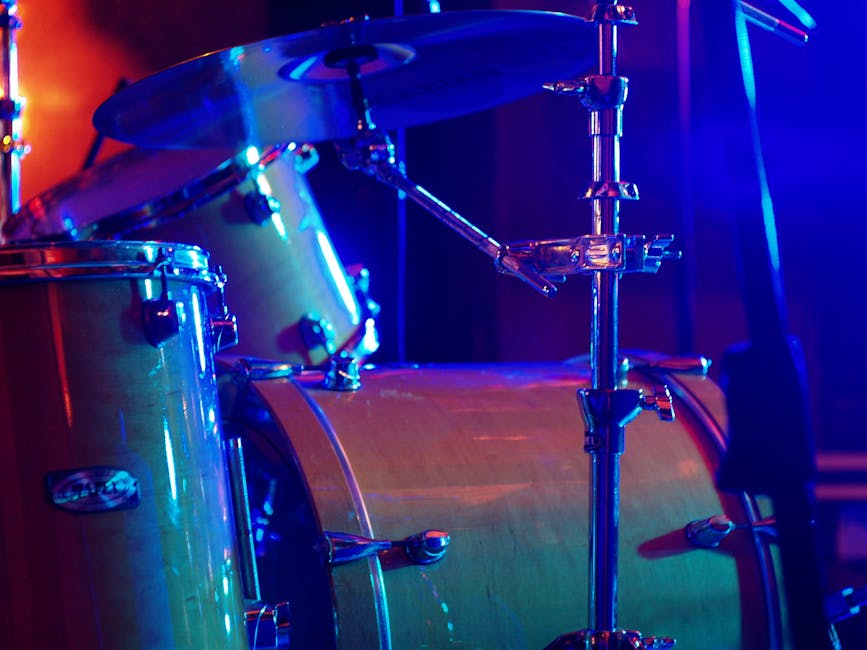How Does Cold Weather Affect Atrial Fibrillation?
We're going to be discussing cold weather and atrial fibrillation and see how cold weather can actually affect a person's atrial of fibrillation. It's winter time now in the United States and there are several articles in the past that have discussed how cold weather can actually affect a person's atrial fibrillation. Now first does cold weather actually affect people getting episodes of afib, do people get more frequent episodes of afib during the winter time? There was a review article which came out of 2015 which showed, yes. They actually reviewed up to 15 different studies and the amount of increase for afib and the increase in hospitalizations ranged anywhere from 200 to up to 300% increase in the amount of afib hospitalizations during the winter time, depending on which individual study that that one study reviewed in.
In addition that same study also found an increased risk of stroke for people who have afib during the winter time periods, when in that risk of stroke came from anywhere from 20% all the way to 200 percent increased risk of stroke. There was also an additional study in 2018 recently published which showed also an increased risk of stroke for patients during the winter time periods and that risk of stroke in that study went up to almost 20% increased risk of stroke during the winter time periods. So why did this all happen first? Why do people get episodes of afib during the winter time? There is there's no real clear answer to that one it's unclear if the cold by itself affects the person's atrial fibrillation, it's not very clear whether it's just the temperature itself is what can cause atrial fibrillation or increased episodes of afib. However that what is more commonly associated with the winter time that can trigger episodes of afib are the increased illnesses that happen there in a winter time such as colds, flus, pneumonias also people who have respiratory problems like COPD or emphysema are most likely to exacerbation that disease during the winter time.

So in the winter time is probably more likely because of people getting sick for other reasons you get a cold you get a flu or pneumonia which are much more common in the winter months and that can certainly increase a person's risk for getting episodes of atrial fibrillation and also hospitalizations for afib. But as far as the increased risk of stroke I mentioned two studies that increase the show that increased risk of stroke during the winter time and why is that? There are some theories that the small little clotting proteins that are in your blood which help clot your blood that your body produces more of them during the winter time to help kind of keep your blood from being too thin or have making your blood thicker and that may increase your risk of stroke during the during the winter time.
So during this winter what are my tips to you in order to try to maintain a safe winter time. Obviously stay warm or wear layers minimize time outside in the extreme cold as best as possible and obviously try to minimize sick contacts as many people are going to be sick with colds and flus during the winter time and try to minimize sick contacts. But hopefully with these few tips you can have a healthy winter season thank you.
Comments
Post a Comment